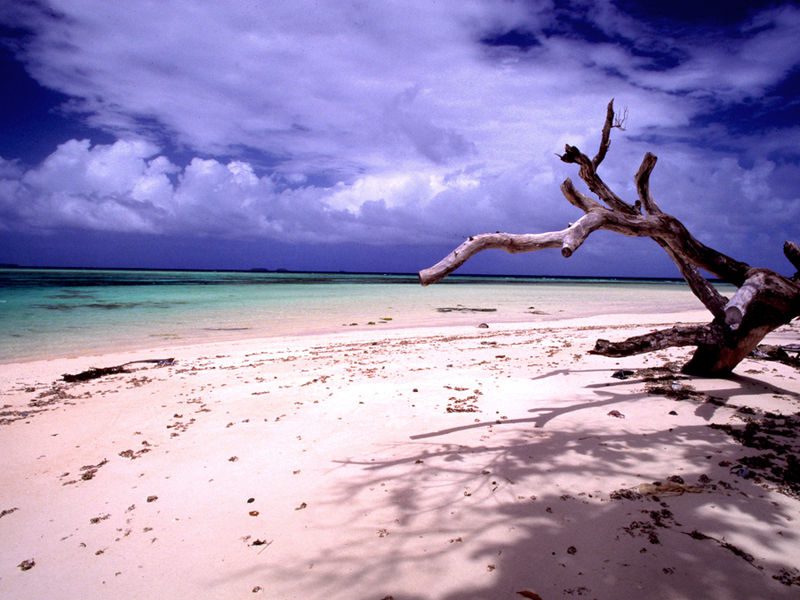
In 2010 Oxfam visited Kiribati and Tuvalu to gather stories on climate change impacts in the Pacific. Next month all eyes will be turning to another low-lying country, the Marshall Islands, as they host the Pacific Island Forum.
Spread across two remote chains of coral atolls near the equator, the Marshallese are among the most vulnerable people on earth to the ravages of climate change.
Since early this year, the islands have been in the grip of a climate-induced humanitarian crisis after a prolonged and unseasonal drought led to a severe shortage of drinking water in the northern atolls, loss of staple crops, and disease outbreaks. On 25 June, six weeks after the President declared a state of disaster and appealed for emergency drought relief, a king tide topped the sea walls in the capital Majuro, flooding the airport runway and many neighborhoods.
Senator Tony de Brum, Minister-in-Assistance to the President of the Marshall Islands, is in Australia this week spreading a powerful message ahead of the Forum and challenging developed countries to lift their game.
The Marshall Islands, like all developing countries, have done little to contribute to the climate problem. Per capita greenhouse emissions among the 60,000-odd residents are around one twentieth of Australians’. Nonetheless, the islands are working hard to transition to renewable energy and are acting ahead of most developed countries.
Writing yesterday for the ABC’s Drum, Senator de Brum described how in early 2010, they decided to put climate change at the heart of government policy:
“We created a National Climate Change Roadmap, defined our own emissions reduction target of 40 per cent below 2009 levels by 2020, accelerated the transition to renewable energy and put climate at the top of our diplomatic agenda.”
The Pacific has long been at the heart of the climate change story. The world’s top two greenhouse gas emitters – China and the US – lie on either side of the Pacific basin. In total, countries of the Pacific Rim account for over 60% of global emissions. The Pacific Islands have much to teach the rest of us about climate change – both the impacts and the solutions.
This year’s Pacific Island Forum comes as many communities are feeling directly the dangers of climate change, no more so than the Marshall Islands themselves. It also comes at a critical stage in the international response to the climate crisis. The Marshallese plan to make the forum a stepping stone to next year’s global summit of climate leaders, hosted by the UN Secretary General and intended to raise ambition ahead of the 2015 deadline for an effective international climate agreement.
As hosts, the Marshall Islands have given the Forum the fitting and catchy theme “Marshalling the Pacific response to the climate challenge”. It will bring together leaders from the Pacific Island countries, Australia, and New Zealand, as well as development partners from among the world’s largest economies and major emitters, including the US, China, EU, India, Japan and Canada. US Secretary of State John Kerry is expected to attend. Yesterday Australian Shadow Foreign Minister Julie Bishop confirmed she’ll be heading to the Forum, regardless of the outcome of the upcoming Federal Election.
Organizers are planning for countries to adopt a Majuro Declaration on Climate Leadership. The declaration will aim “to galvanize more urgent and concrete action on climate change from governments, business, and other stakeholders”.
The very survival of the Marshall Islands and many other Pacific Island countries depend both on increased support for adaptation and climate resilient development and, above all, deep cuts in global carbon pollution.
Senator de Brum’s message for Australia and other developed countries is simple:
“If a country as vulnerable and with as many challenges as the Marshall Islands can do it, so can you.”